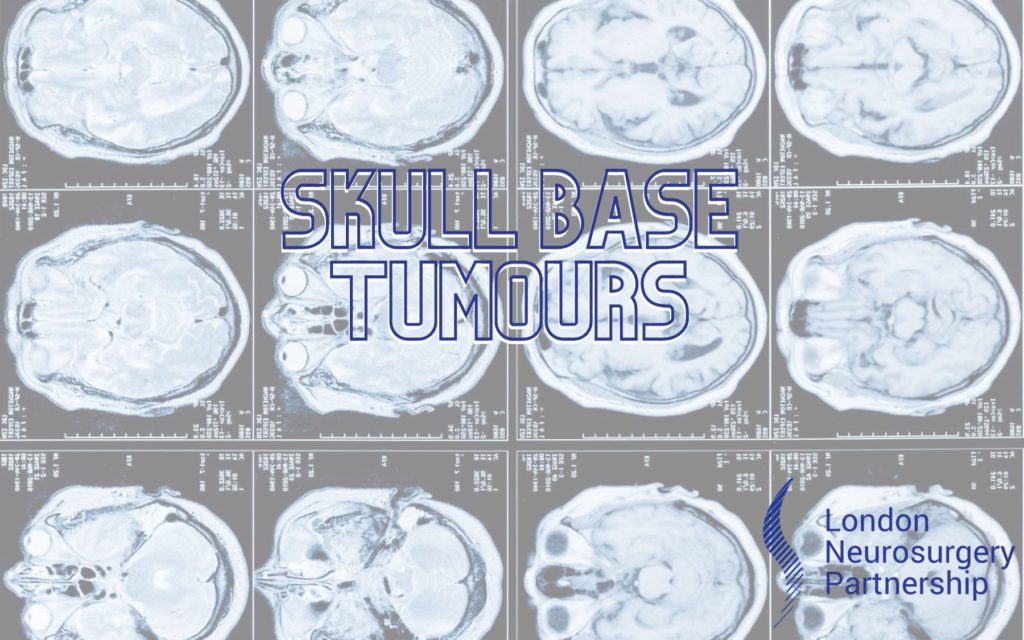
Skull based tumours is not a type of tumour, it is a group of tumours that group in a specific part of the brain. The skull base is the floor of bone separating your brain from your neck; it sits level with your nose and ears. These tumours can be one of many types, however will grow between the eyes, nose or very bottom of the skull and in rare cases on the outside of the skull.
Like all tumours around the body, skull base tumours can either be benign (non-cancerous) or malignant (cancerous) and they will all differ in size and severity.
There are three main regions of the skull base and certain skull base tumours tend to occur in certain regions.
1. Anterior (front) compartment of the skull base (anterior cranial fossa), which contains the eye sockets and sinuses:
- Meningioma
- Olfactory neuroblastoma (esthesioneuroblastoma)
- Paranasal sinus cancer
2. Central compartment of the skull base (middle cranial fossa), which contains the pituitary gland. The pituitary gland is about the size of a pea and is located in the sella turcica (saddle-shaped bony structure in the sphenoid bone):
- Sellar tumors:
- Pituitary adenomas
- Craniopharyngioma
- Rathke’s cleft cyst
Posterior (back) compartment of the skull base (posterior cranial fossa):
- Acoustic neuroma
- Chondrosarcoma
- Chordoma
- Epidermoid tumor
- Meningioma
As there are a number of different types of tumours that fall under skull base tumours there are no specific symptoms. Patients can notice different symptoms at first and this often relates to where the tumour has grown and what nerves and other structures have been affected. Symptoms can include:
- A feeling that the nose is permanently blocked
- Nosebleeds
- Sight loss or double vision
- Facial pain or numbness
- Hearing loss
- Dizziness or imbalance
- Facial weakness
- Speech difficulties
- Swallowing problems
- Limb weakness.
- Change in mood
- Altered sense of smell
Some of these symptoms can be helped with treatment, and some may be preventable with treatment early on. However, some patients will have no symptoms at all and the tumour may have been found by accident when the patient has a scan for another reason – this is called an incidental finding.
At the London Neurosurgery Partnership we have an excellent neurosurgical team, with world class training to ensure that we can diagnose and treat all skull-based tumours, Mr Nick Thomas and Mr Sinan Barazi specialise in this area. The management of skull base tumours is complex, and many people – not just the neurosurgeons – will be involved in decisions around what treatment you may need. This team can include:
- Surgeons from multiple teams e.g. ENT, neurosurgery maxillofacial.
- Radiologists
- Specialist nurses
- Oncologists (doctors who specialise in delivery of radiotherapy treatment, although most of these tumours are benign and not cancerous)
- Histologists (who review any samples that you have had taken of your tumour)
These tumours can be challenging to manage because they are located near to very important parts of your brain and spinal cord e.g. the brainstem. After the whole team have reviewed your scans and other information, we will discuss with you what the best options are for your treatment.
The treatment options that are offered for skull-based tumours will be different depending on the type. This may simply be to continue watching your tumour and keeping an eye on it, or it may be to consider surgery or radiotherapy. Managing skull base tumours not only includes treatment of the tumour but also the symptoms caused by that tumour.
In some cases, the tumour will need to be surgically removed, whereas some patients will not need surgical intervention. In these cases, the patient will have regular check to look for any changes that have occurred and will only need treatment if the tumour becomes problematic.
If you would like to speak to a member of our team about a diagnosis or treatment for a skull-based tumour please call on 0207 034 8709
This article is intended to inform and give insight but not treat, diagnose or replace the advice of a doctor. Always seek medical advice with any questions regarding a medical condition.


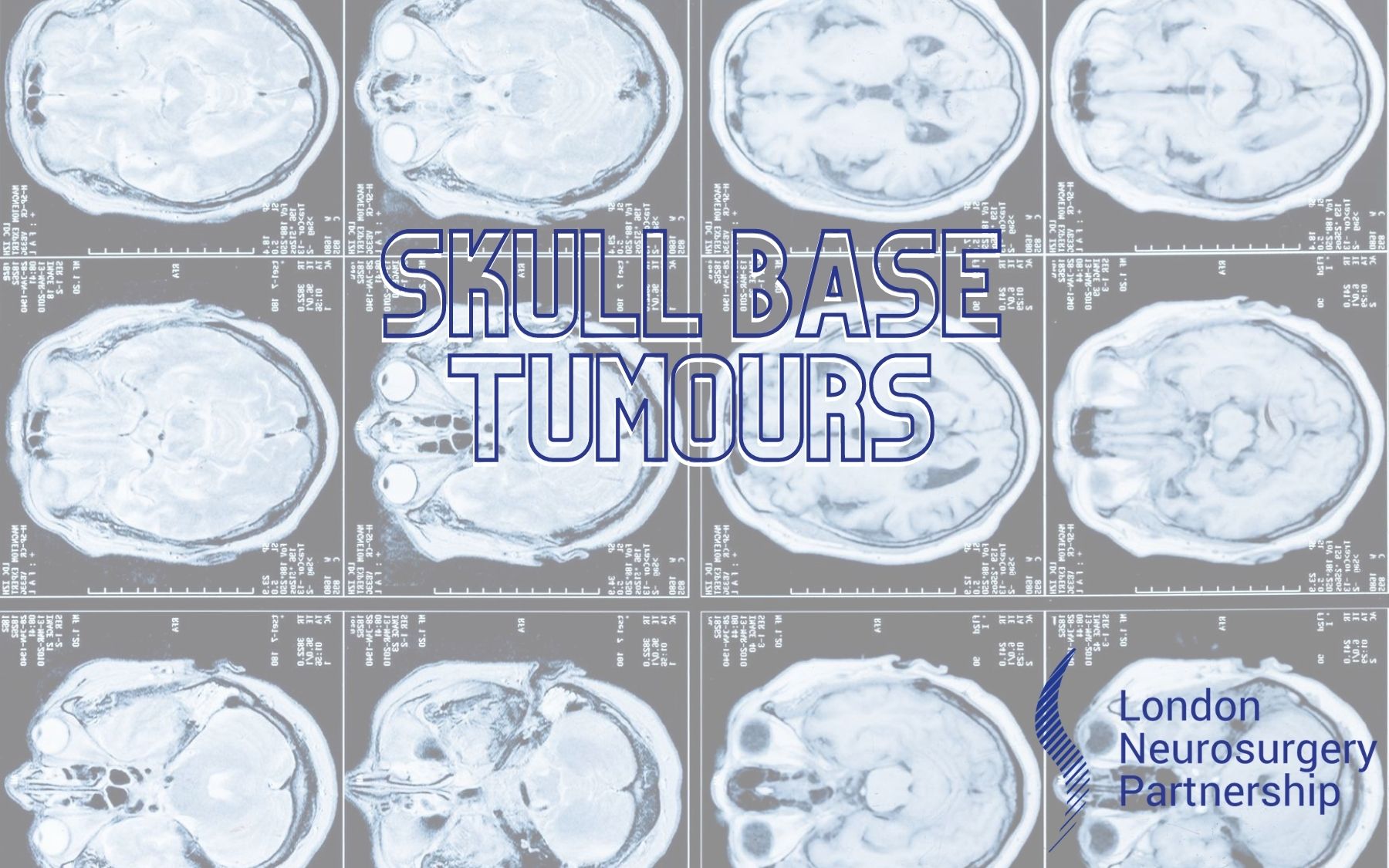
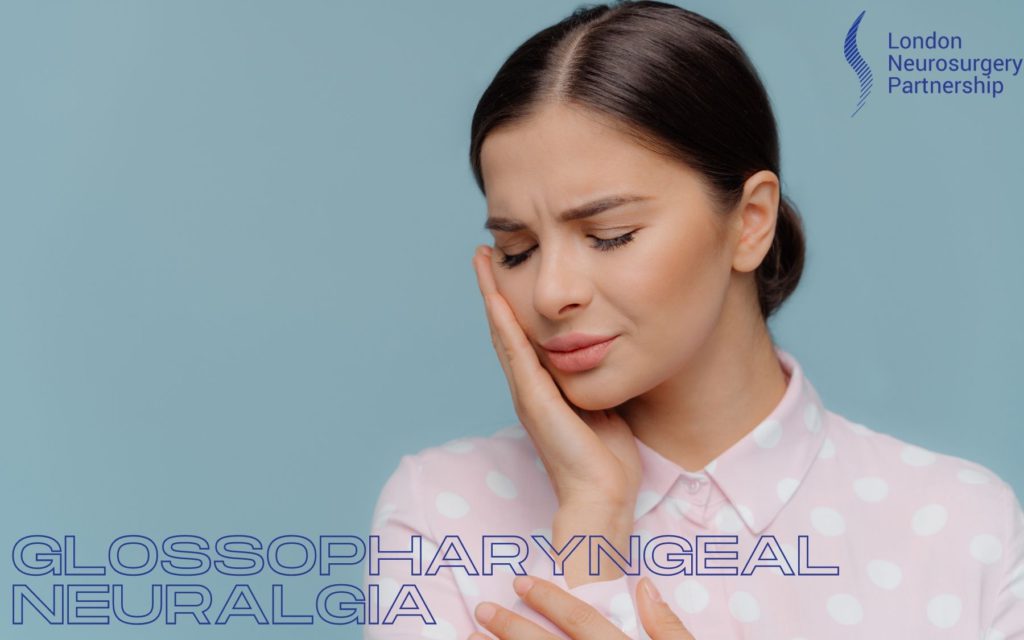
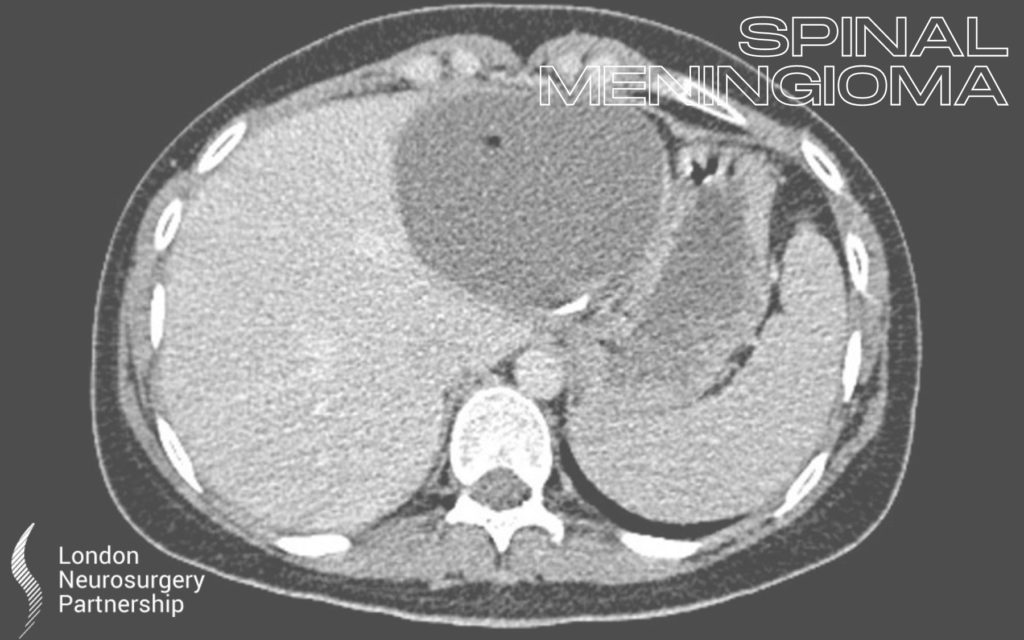
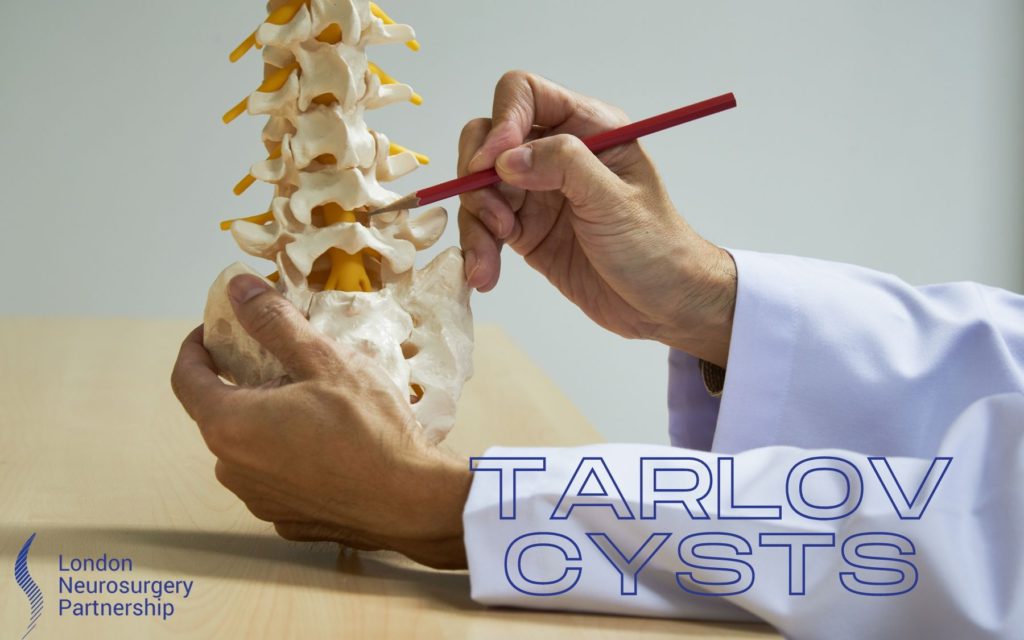
0 Comments